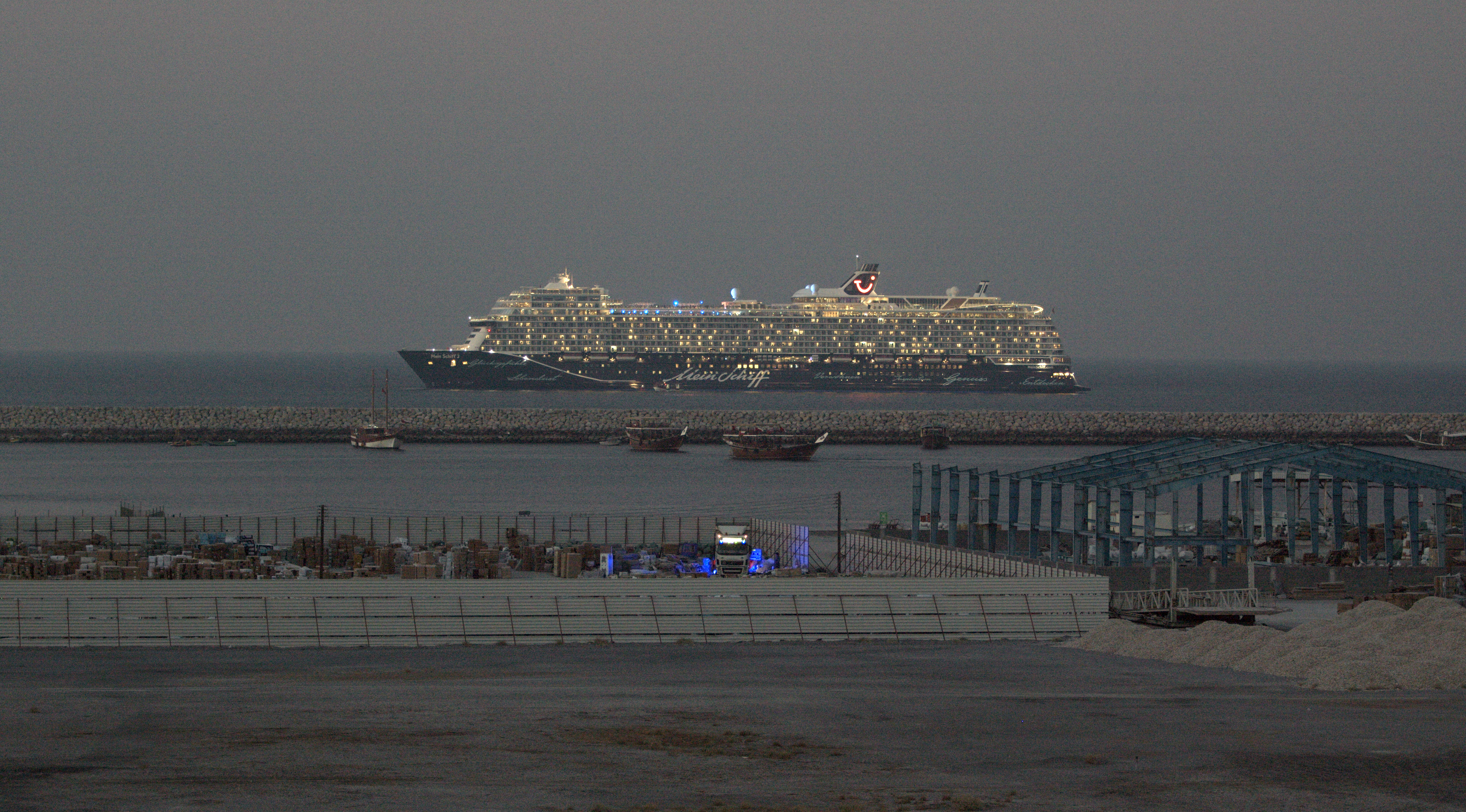June 12–July 24, 2010
The reason why things don’t remain the same is because they were never thus. Everything contains manifold dialectical possibilities. A man’s home might be his castle, yet no castle is a monolith. No hotel room is a monolith either. In the Bethlehem Inn, the drop ceiling above John Smith’s head flutters in the blowing breeze. The artist films the flapping panels while telling us that the hotel where he is now staying was requisitioned by the military and hastily renovated thereafter. The window has a privileged view over the Israeli-built West Bank wall, which looks as shoddy as the room’s ceiling. Precariousness is the handmaid of oppression. Nothing does a better job at disrupting communal ties than the wasteland of a terrain vague, be it in the Middle East or in East London.
Part of the "Hotel Diaries" series, the aforementioned video, Dirty Pictures (2007) is one of three films currently on display at Tanya Leighton Gallery. Together with The Black Tower (1985-87) and Flag Mountain (2010) they represent some of the recurring and resurfacing motifs of John Smith’s cinematography.
From 1993 to 1996, John Smith worked on Home Suite and Blight, both films about the construction of the M11 Link Road in London and the consequent demolition of his own home together with the whole street. The image of a façade, still standing amongst the debris, in Blight, takes on the uncanny air of a movie-set prop, and becomes eerily reminiscent of the West Bank 8-meter tall concrete barrier we are now facing.
The collapse of the traditional working and middle classes, the severance of communal ties swept away in the wave of globalization, the uncertainty of labour, the harsh up-rooting of the Reagan/Thatcher years, all pay testimony to how the free circulation of capital grows in inverse proportion to the free circulation of people – people who have become forsaken individuals, haunted by anxiety and fears of inadequacy.
The ubiquitous presence of a black tower in the eponymous film offers up a strange allegory for how the absence of stable spatial referents gets internalized into a temporal void. Holed up in his own home—feeding on nothing but ice-cream, tormented by a persistently recurring black monolith, fantasizing about a Mexican in the ceiling stucco, and other ominous nightmares—the narrator descends slowly into madness. Yet madness, like cinema, is a communication code. Collapsing the distinction in-between what something is and what it looks like makes it plain that everything is constructed and contingent, and that we always peek at things through a certain frame, be it the camera lens or the hotel window. And the reason why things don’t remain the same is because they were never thus.
The history of modernism was never just the history of autonomous formalism, of black squares and black cubes weaving their path through the manufacturing of differences within conditions of production—no more than John Smith’s early work was just a comment on the formal structure of filmmaking.
Within the context of Kathrin Rhomberg’s Berlin Biennale, where The Girl Chewing Gum (1976) and another hotel diary video Frozen War (2001) are also showing, John Smith’s work perfectly articulates the ambitions of its curatorial endeavour: the re-reading of the history of 20th century’s art by exiting the aesthetics of neo-liberalism and its successful transferral of all tension from the political to the psychological (which the 2006 edition of the Biennale, by Cattelan, Subotnik, and Gioni, epitomized) while retaining the poignancy of the personal.













